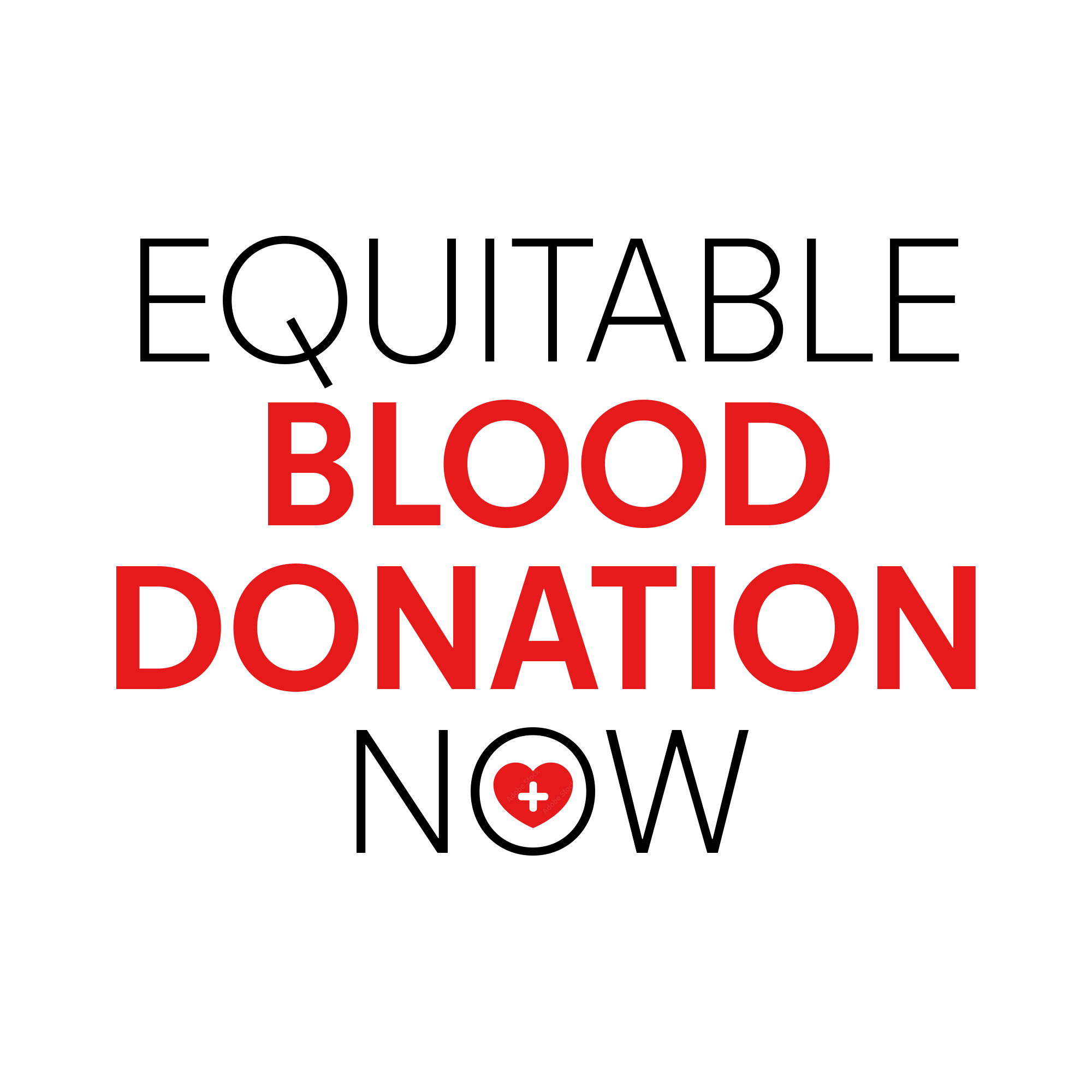Graphic by Christopher Ikonomou (Xe/He)
A few months ago, CaHPSA hosted a blood drive in collaboration with the UCLA Blood and Platelet Center. Although we were grateful to be able to encourage our members to donate blood, we were left disappointed with the FDA’s discriminatory policies of the blood donor screening process. In order to donate, the FDA requires MSM undergo a 3 month abstinence period —this was shortened from the prior 12 month period due to blood shortages throughout the pandemic. This regulation excludes a large number of safe donors from donating blood and therefore has major impacts on the blood supply. Due to this, we urge the FDA to implement new regulations that increase the inclusivity and accessibility of blood donation, particularly for MSM. Our demands echo those of the LGBTQ+ community at UCLA that has long been advocating for equitable regulations, as described in “Risk vs. Stigma: Inherent Homophobia in U.S Blood Donation.”
During the pandemic the number of blood donors decreased by approximately 10%, causing a nationwide blood shortage. Because blood cannot be synthesized, the U.S. desperately needs new blood donors. Allowing MSM to donate blood would help combat the blood shortage with minimal risk of increased HIV transmission. After donation, blood goes through a rigorous testing process that only misses about 1 in 3.1 million infected units. MSM are also not the only group of donors at risk of HIV — 50% of new HIV cases are diagnosed in heterosexual men and women.
This past January, the blood supply was at an all time low and hospitals had to make tough decisions about who received blood. Here at UCLA, a patient found his perfect match for a liver after 2 years of waiting, but there was not sufficient blood and he was not able to have the surgery. Ultimately, patients are the ones who suffer from blood shortages partially driven by these discriminatory policies.
In light of the information outlined above, we strongly urge the FDA to increase the accessibility and inclusivity of blood donation for all individuals, particularly MSM. Solutions to consider are screening for HIV risk factors other than sexual orientation, such as the number of intimate partners in a given time, regardless of biological sex. Regaining the trust of the LGBTQ+ community is critical to the mitigation of the current blood shortage.
In solidarity,
California Health Professional Student Alliance at UCLA
Becca Nelson, Lauren Heiberg, Morgan Micallef, Renée Grange, and Sophia Johnston

